Tech Industry
Latest about Tech Industry
-
-
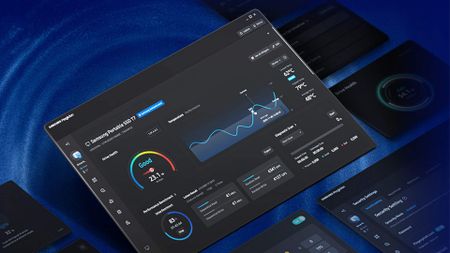
Samsung Magician SSD software ‘High Severity’ vulnerability patched — upgrade to the newest v9.0.0 to prevent potential DLL hijacking and privilege escalation
By Mark Tyson Published
-
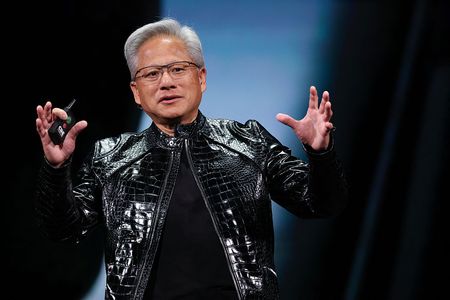
Nvidia CEO Jensen Huang says robots could be 'AI immigrants' that can address labor shortages
By Andrew E. Freedman Published
-
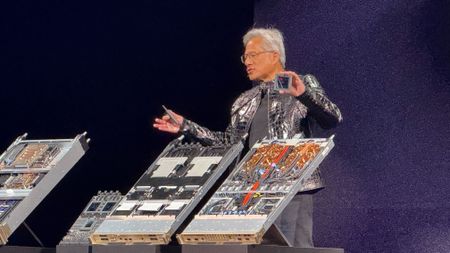 Premium
PremiumNvidia's focus on rack-scale AI systems is a portent for the year to come
By Luke James Published
-
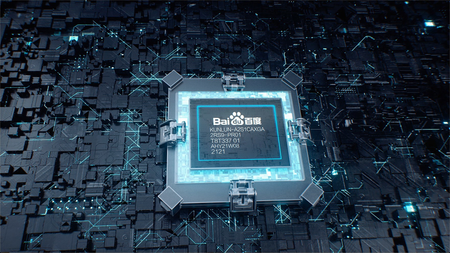 Premium
PremiumChina’s GPU cloud consolidates around Baidu and Huawei as domestic AI chips scale up
By Luke James Published
-

CES 2026 Day 0: Nvidia debuts DLSS 4.5, Ryzen 7 9850X3D aims for desktop gaming glory, Intel Panther Lake arrives
By Brandon Hill Published
-
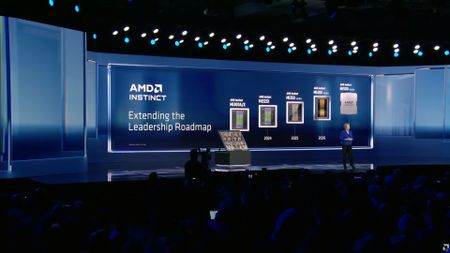
AMD unwraps Instinct MI500 boasting 1,000X more performance versus MI300X
By Anton Shilov Published
-
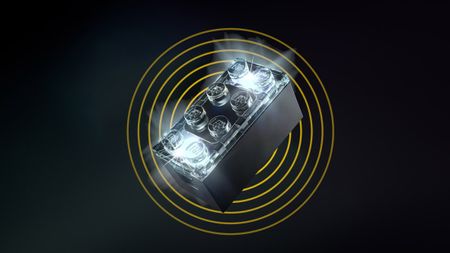
Lego unveils new smart brick with embedded computer inside
By Luke James Published
-
Explore Tech Industry
Artificial Intelligence
-
-

AMD unwraps Instinct MI500 boasting 1,000X more performance versus MI300X
By Anton Shilov Published
-

Nvidia CEO confirms Vera Rubin NVL72 is now in production
By Aaron Klotz Published
-
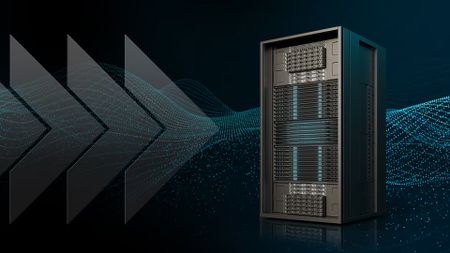
AMD touts Instinct MI430X, MI440X, and MI455X AI accelerators and Helios rack-scale AI architecture at CES
By Anton Shilov Published
-
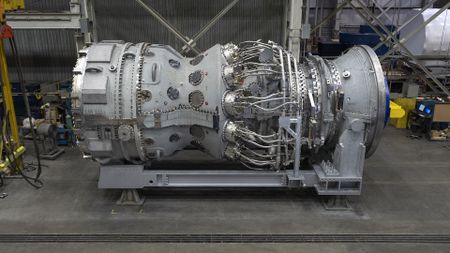 Premium
PremiumU.S. electricity grid stretches thin as data centers rush to turn on onsite generators
By Jowi Morales Published
-

Musk to expand xAI's training capacity to a monstrous 2 gigawatts with third building at Memphis site
By Jowi Morales Published
-

Chinese firms Bytedance and Tencent reportedly offer massive 150% pay increases and 35% bonuses to entice AI talent
By Jowi Morales Published
-

ChatGPT could prioritize sponsored content as part of ad strategy
By Jowi Morales Published
-
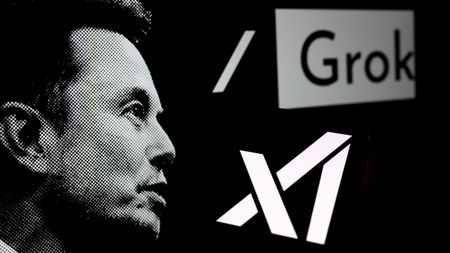
Elon Musk says xAI will have more AI compute than everyone else combined within five years
By Jowi Morales Published
-
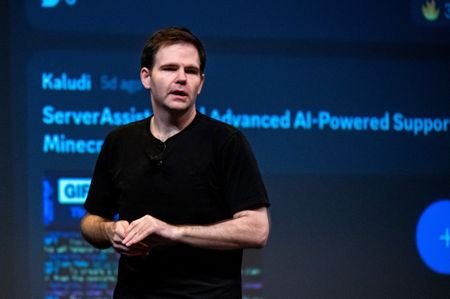
Nvidia buys AI chip rival Groq's IP for $20 billion in its biggest deal ever
By Hassam Nasir Published
-
Big Tech
-
-

Search pioneer AltaVista’s star shone bright with a clean and minimal UI 30 years ago
By Mark Tyson Published
-
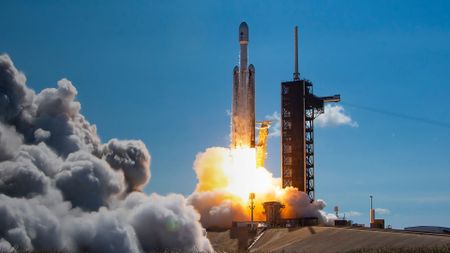
Economic analysis of orbital data centers brings the idea down to Earth
By Bruno Ferreira Published
-

Cloudflare says it has fended off 416 billion AI bot scrape requests in five months
By Jowi Morales Published
-
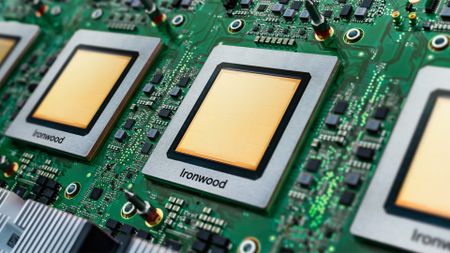
Nvidia says it’s ‘delighted’ with Google’s success, but backhanded compliment says it is ‘the only platform that runs every AI model’
By Jowi Morales Published
-

Trump administration touts Genesis Mission to try and win the AI race—White House compares scope of its initiative to the Manhattan Project
By Bruno Ferreira Published
-
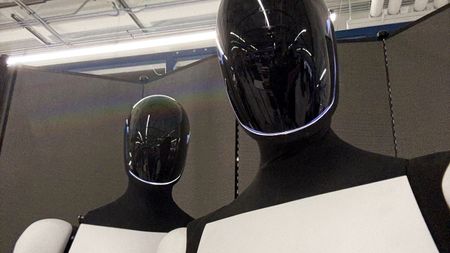
Elon Musk claims he will 'build chips at higher volumes ultimately than all other AI chips combined'
By Bruno Ferreira Published
-
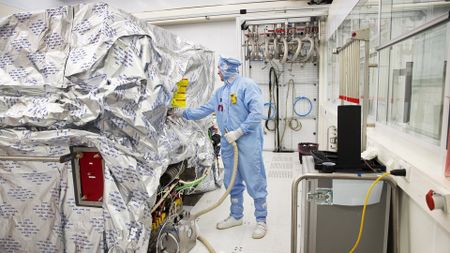
ASML allegedly offered to spy on China for the US
By Jowi Morales Published
-

Yesterday's global internet outage caused by single file on Cloudflare servers
By Jowi Morales Published
-

Apple and Broadcom job listings suggest potential Intel Foundry collaborations
By Aaron Klotz Published
-
Cryptocurrency
-
-

Americans lost $333 million to Bitcoin ATM fraud in 2025
By Jowi Morales Published
-

Russia cracks down on 'illegal' cryptomining with prison terms up to five years
By Anton Shilov Published
-

World’s oldest Bitcoin Mining Pool celebrates 15th anniversary, has mined 1,311,339 bitcoins worth $115 billion
By Mark Tyson Published
-

12 years ago an iconic whisky-fuelled rant coined the term HODL via a drunken mispelling
By Mark Tyson Published
-

North Korean hackers stole record $2 billion in crypto in 2025, including single heist worth $1.5 billion, report claims
By Jowi Morales Published
-

Bitcoin creator Satoshi disappeared on this day 15 years ago, leaving a final public message
By Mark Tyson Published
-

South Korean crypto exchange Upbit reports $30 million theft
By Jowi Morales Published
-

Hobbyist solo miner scores a full Bitcoin block worth $270,000 despite 1 in 180 million odds
By Luke James Published
-
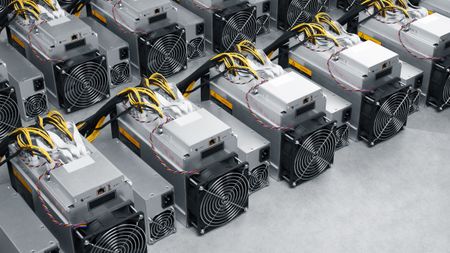
Homeland Security thinks Chinese firm's Bitcoin mining chips could be used for espionage or to sabotage the power grid
By Jowi Morales Published
-
Cybersecurity
-
-

Samsung Magician SSD software ‘High Severity’ vulnerability patched — upgrade to the newest v9.0.0 to prevent potential DLL hijacking and privilege escalation
By Mark Tyson Published
-

U.S. cybersecurity experts plead guilty for ransomware attacks, face 20 years in prison each
By Jowi Morales Published
-

FBI issues wanted notice for alleged North Korea-linked remote IT workers accused of $900,000 crypto theft
By Luke James Published
-

Interpol-led cybercrime crackdown results in 574 arrests in 19 African nations, decrypts six ransomware variants
By Kunal Khullar Published
-

Resideo sued by Nebraska AG over rebranding footage-leaking Chinese cameras
By Bruno Ferreira Published
-
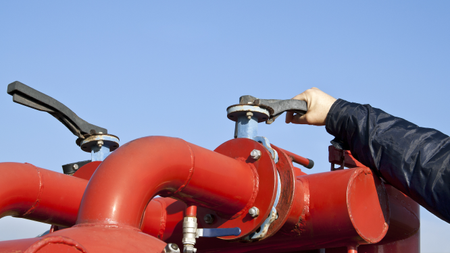
1,000 computers taken offline in Romanian water management authority hack
By Bruno Ferreira Published
-

North Korean applicants flood Amazon
By Jowi Morales Published
-

French authorities arrest man for installing malware on a passenger ferry
By Luke James Published
-

North Korean infiltrator caught working in Amazon IT department thanks to lag
By Mark Tyson Published
-
Manufacturing
-
-
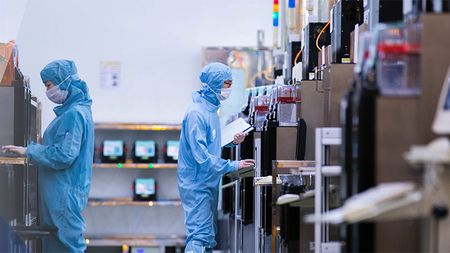 Premium
PremiumChina’s top chip foundries move to consolidate as Beijing pushes semiconductor self-sufficiency
By Luke James Published
-

China calls Taiwan reunification "unstoppable," as military drills proceed
By Bruno Ferreira Published
-
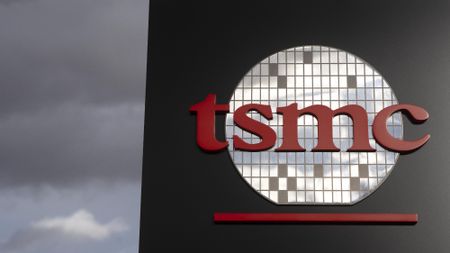
U.S. allows TSMC to import chipmaking equipment to its China fabs
By Jowi Morales Published
-
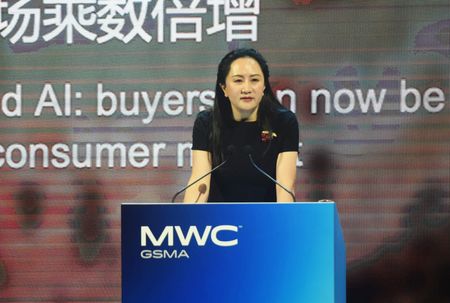
Huawei’s Ascend and Kunpeng progress shows how China is rebuilding an AI compute stack under sanctions
By Luke James Published
-
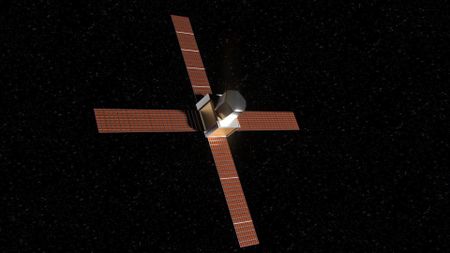
UK company shoots a 1000-degree furnace into space to study off-world chip manufacturing
By Jowi Morales Published
-
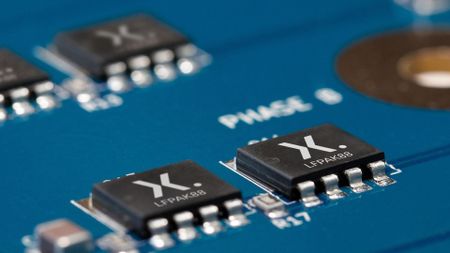
China warns the Netherlands to ‘immediately correct its mistakes’ over Nexperia saga that has disrupted auto production
By Jowi Morales Published
-
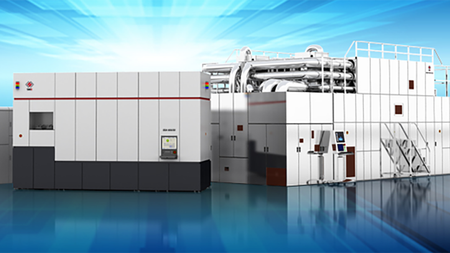
China tells chipmakers to use homegrown chipmaking tools for 50% of new capacity
By Anton Shilov Published
-
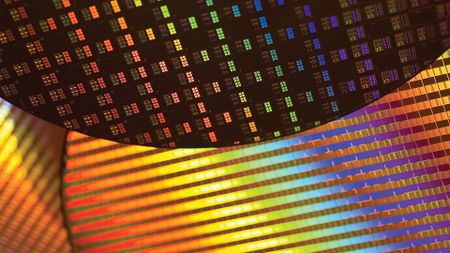
TSMC begins quietly volume production of 2nm-class chips
By Anton Shilov Published
-
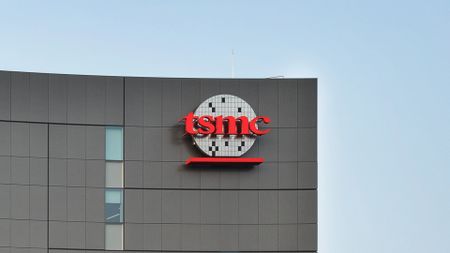 Premium
PremiumTSMC's average wafer prices increased by over 15% each year since 2019, report suggests
By Anton Shilov Published
-
Quantum Computing
-
-
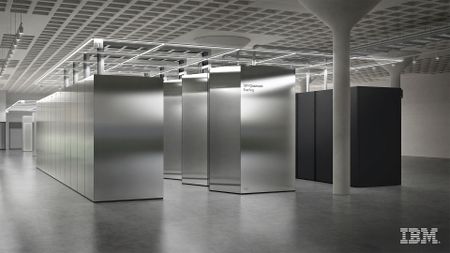 Premium
PremiumIBM and Cisco agree to lay the foundations for a quantum internet
By Luke James Published
-
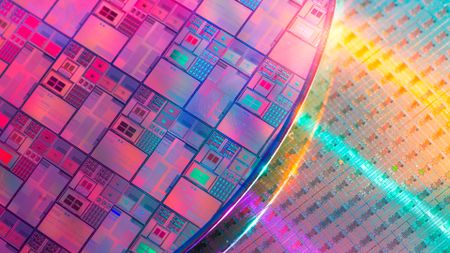
New Chinese optical quantum chip allegedly 1,000x faster than Nvidia GPUs for processing AI workloads
By Aaron Klotz Published
-
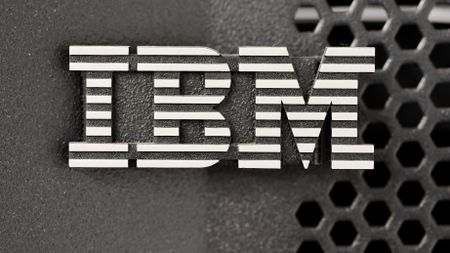
IBM's boffins run a nifty quantum error-correction algorithm on conventional AMD FPGAs
By Bruno Ferreira Published
-

Trump administration to follow up Intel stake with investment in quantum computing, report claims
By Anton Shilov Published
-
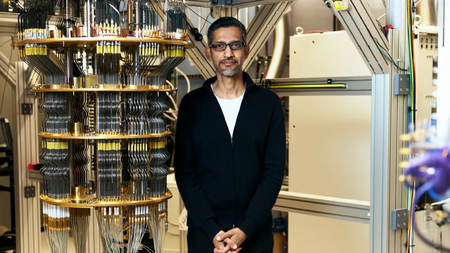
Google's Quantum Echo algorithm shows world's first practical application of Quantum Computing — Willow 105-qubit chip runs algorithm 13,000x faster than a supercomputer
By Bruno Ferreira Published
-
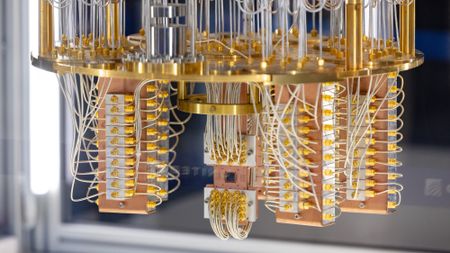
Harvard researchers hail quantum computing breakthrough with a machine that can run for two hours
By Jowi Morales Published
-
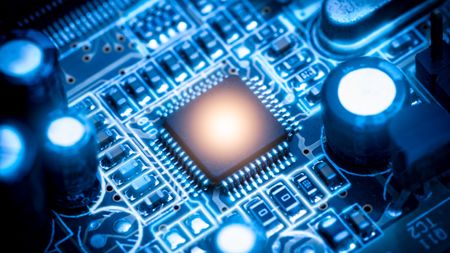
Quantum internet is possible using standard Internet protocol
By Sunny Grimm Published
-
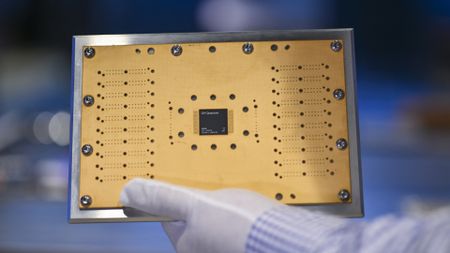
Quantum machine learning unlocks new efficient chip design pipeline
By Jon Martindale Published
-
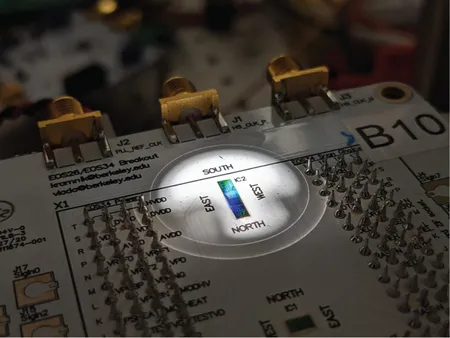
The world's first hybrid chip combining photonics and electronics with quantum computing is here, and it's built like a normal silicon SoC
By Hassam Nasir Published
-
Supercomputers
-
-
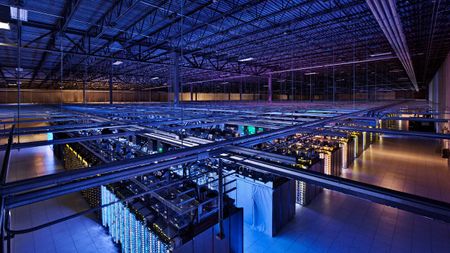
AMD and Eviden unveil Europe's second exascale system
By Anton Shilov Published
-
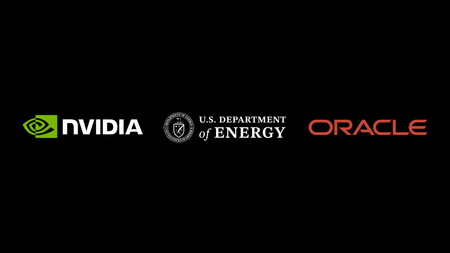
Nvidia to build seven AI supercomputers for the U.S. gov't with over 100,000 Blackwell GPUs
By Anton Shilov Published
-
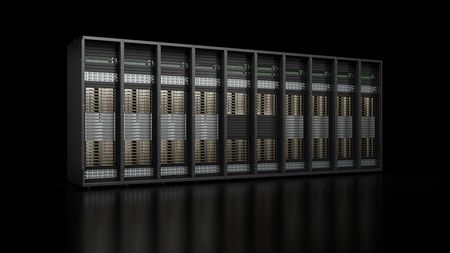
Nvidia unveils Vera Rubin supercomputers for Los Alamos National Laboratory
By Anton Shilov Published
-

U.S. Department of Energy and AMD cut a $1 billion deal for two AI supercomputers
By Bruno Ferreira Published
-
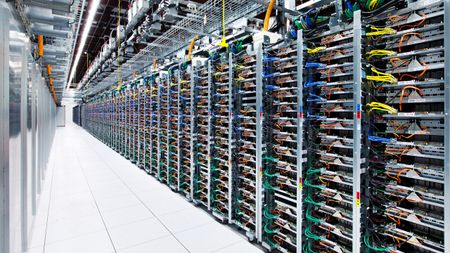
China's supercomputer breakthrough uses 37 million processor cores to model complex quantum chemistry at molecular scale
By Anton Shilov Last updated
-
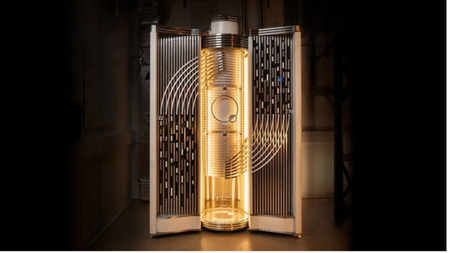
Start-up hails world's first quantum computer made from standard silicon
By Luke James Published
-

Nvidia GPUs and Fujitsu Arm CPUs will power Japan's next $750M zetta-scale supercomputer
By Hassam Nasir Published
-
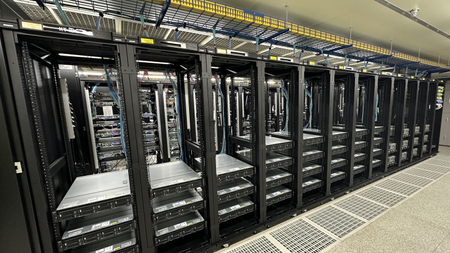
AMD's massive GPU VRAM on its Instinct cards has broken Linux's hibernation feature
By Hassam Nasir Published
-

AMD supercomputers take gold and silver in latest Top500 as Chinese HPC remains shrouded in secrecy
By Anton Shilov Published
-
Superconductors
-
-
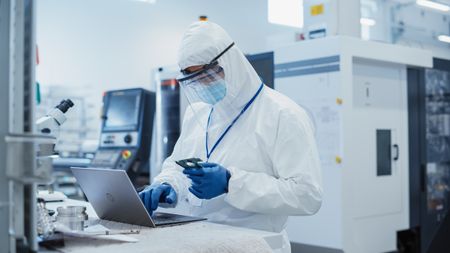
New 3D printing process could improve superconductors
By Ash Hill Published
-
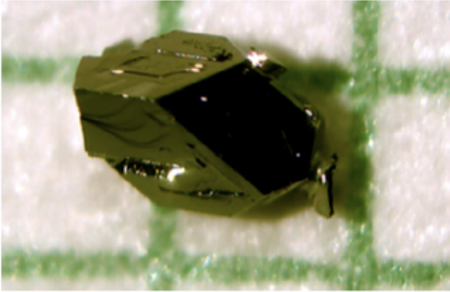
New research shows naturally occurring mineral is an 'unconventional superconductor' when purified
By Christopher Harper Published
-
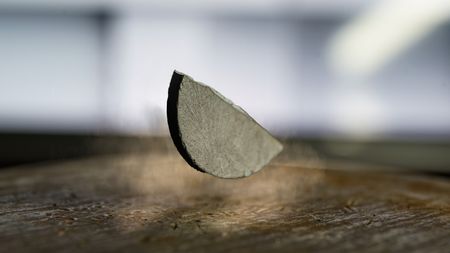
New research reignites the possibility of LK-99 room-temperature superconductivity
By Francisco Pires Published
-
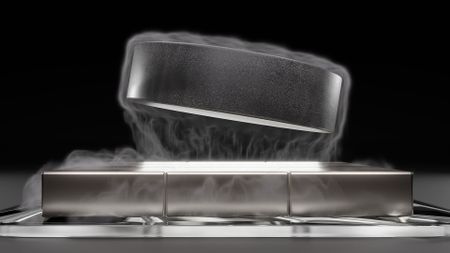
U.S. Govt and researchers seemingly discover new type of superconductivity in an exotic, crystal-like material
By Francisco Pires Published
-
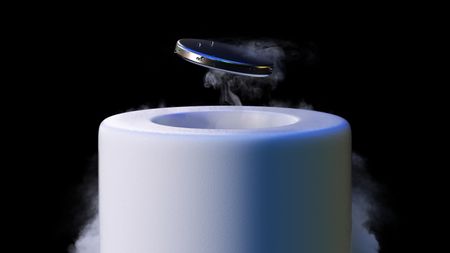
Nature Retracts Controversial Room Temperature Superconductor Paper (But Not LK-99)
By Francisco Pires Published
-

What is a Superconductor?
By Francisco Pires Published
-
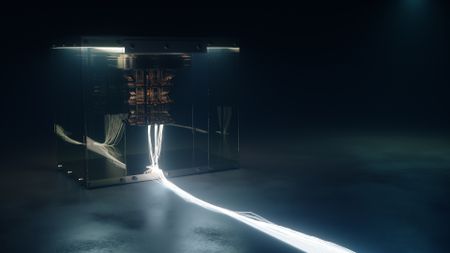
MIT's Superconducting Qubit Breakthrough Boosts Quantum Performance
By Francisco Pires Published
-
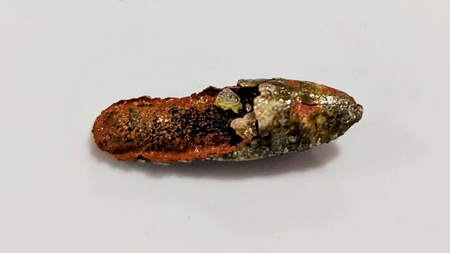
LK-99 Research Continues, Paper Says Superconductivity Could be Possible
By Francisco Pires Published
-
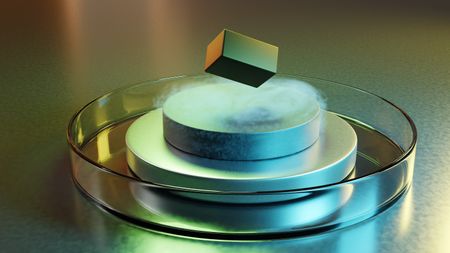
Is LK-99 a Superconductor After All? New Research and Updated Patent Say So
By Francisco Pires Published
-